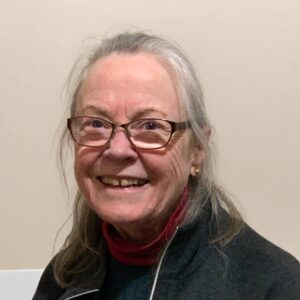We sat down to chat to Marion, our first consumer advocate here at OPUS.
Marion has not only provided invaluable insight in our recent publication on consumer involvement and partnered with PhD student Daniel Gould, but has also played a major role in shaping the OPUS consumer and community involvement program itself.
As you may have read in our article, consumer involvement is incredibly important in research. We are all working to improve health care for patients and community members affected by osteoarthritis, so why don’t we engage with them regularly and within a structured framework?
The first in a new series, here is the story of Marion Glanville-Hearst:

Marion is a retired occupational therapist, having spent much of her career working in psychiatry. Life circumstances took her the US where she studied a Bachelor of Psychology and Masters of Medical Anthropology, however as she was unable to find work in this area upon her return to Australia, she continued to work as an occupational therapist at St Vincent’s and many other hospitals in Melbourne. Marion also taught childbirth relaxation classes to expecting parents.
In 1994, Marion found out she had osteoarthritis developing in her hip and though the standard treatment was a total hip replacement, her GP advised her to put off surgery as long as possible as the prostheses ‘don’t last forever’ and replacing the glued-in parts would cause considerable damage for someone her age. With her background in healthcare and the savviness of her concerned son, Marion and her son began to read widely on total hip replacement surgery and osteoarthritis. She was shocked to discover the then-standard practice of metal-on-metal joint replacements were found to be correlated with metallosis: the build-up of metal debris in soft-tissues of the body. She continued to read the literature available and was also referred to a rheumatologist for assessment and to discuss non-surgical treatment alternatives. She continued to look after herself and had regular appointments with a myotherapist to help her mobility. In 2013, after 19 years of staving off the suggestions from exasperated friends and colleagues to ‘just get the surgery’, Marion elected to undergo a total hip replacement at a time she felt was right for her. From being so stiff that she could barely walk around her home, she regained the mobility and freedom she had 20 years prior. Her surgery was a success.
In the lead up to her surgery, Marion was alerted to a study being run by St Vincent’s Hospital Department of Orthopaedics through the osteoarthritis outpatient clinic she attended. The study, run by Prof Peter Choong and Dr Liz Nelson, was investigating if completing a MBSR (mindfulness based stress reduction) program prior to joint replacement surgery resulted in improved outcomes after surgery. After the study’s completion, Marion reached out to Liz, curious about the study’s results and the project’s research process. OPUS chief investigator A/Prof Michelle Dowsey then contacted Marion and proposed a novel idea for the research centre: a consumer and community involvement program. Marion joined the Steering Committee for the Consumer Engagement Working Group in late 2019 and has been involved ever since. She has played a pivotal role in shaping the program and building it from the ground-up.
Marion is formally a Research Buddy in Tier 3 of the CCIP framework. She has played a key role in the OPUS working group who have been working behind the scenes in 2020 to develop the CCIP framework and works closely with Dr Tilini Gunatillake, OPUS’ Consumer and Community Liaison Officer to continually improve the program’s processes. She also provides feedback on Daniel Gould’s PhD project: the development of a machine learning-enabled risk prediction tool for total knee replacement recipients and the investigation of the views of patients and surgeons on the use of artificial intelligence in healthcare.
For Marion, “being a member of OPUS and being able to include the perspective of a consumer in research programs has been very satisfying, as has been working with clinicians and researchers who want to improve outcomes for people like me.”
For more information about the OPUS Consumer and Community Involvement Program, please click here.
